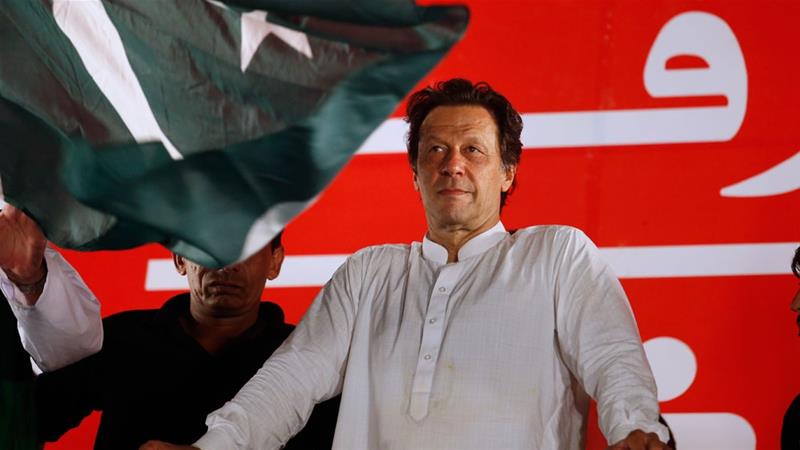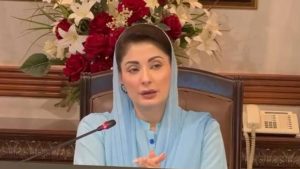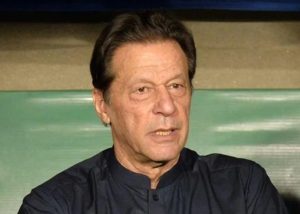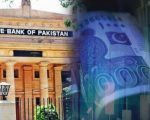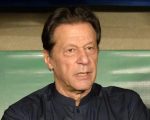WASHINGTON – Imran Khan, the prime minister-in-waiting, has the best chance to reshape Pakistan’s image as he brings something new: more star power and mystique than any recent Pakistani leader, a leading American newspaper reported Monday.
“For a nation often in the news for all the wrong reasons ” suicide bombings, horrific school massacres” Pakistan has reached a turning point that could possibly alter its dysfunctional trajectory,” The New York Times said in a dispatch from Islamabad.
“Imran Khan, the cricket star and A-list celebrity whose political party won this past week’s elections, could use his fame and charisma to reset Pakistan’s troubled relations with the West,” the newspaper said as the Oxford-educated leader works to form his government following the July 25 election which he overwhelmingly won.
Times’ correspondent Jeffrey Gettleman wrote that Imran has perhaps a better chance to change the country’s narrative.
“Relatively few Pakistani leaders have won over the West,” Michael Kugelman, deputy director for the South Asia Programme at the Woodrow Wilson Center in Washington, was quoted as saying. “But Khan is familiar with operating in the international world.
He already has strong name recognition. He doesn’t need to be introduced.”
“In many ways, Pakistan is a pivotal nation. It is the world’s sixth-most populous country, with 200 million people. It is also nuclear-armed and strategically located next to India, China, Iran and Afghanistan,” it was pointed out.
Noting that for decades it has been cast in turmoil by suicide bombers and extremist groups, the Times said, “But many parts of the country are safer today than they were a few years ago. New malls, new schools and new Dunkin – Donuts outlets are going up. And now Pakistan is poised to get a new global salesman.”
“It is widely expected that if Mr Khan, 65, becomes prime minister, there will be an initial fascination with him as he tours the world. Most likely, he’ll visit foreign capitals and business titans, seeking help to solve Pakistan’s dire debt crisis and bring in investors. He also seems to have China in mind…”
In an address to the nation last week, Mr Khan mentioned China no fewer than seven times, praising it for lifting millions out of poverty and for fighting corruption. “God willing,” he said, “we’ll learn that from China.”
Pakistan, the dispatch pointed out, is hurtling toward possible default and insolvency, and China has already lent it billions of dollars for new roads and railways, at discounted rates. Two days after Khan’s speech, Pakistani newspapers reported that China would lend the incoming government $2 billion more for “breathing space.”
Referring to opposition parties’ criticism of the way the elections were conducted, the Times said, “With the competition so thoroughly eviscerated and Mr Khan genuinely popular, especially among the youth, he now would surge into office with a strong national following.”
According to the latest updated results released this weekend, his party won nearly four million more votes than its nearest competitor, the PML-N. Khan’s party commands a huge lead in the National Assembly with more than 100 seats, compared with PML-N. at around 64; it also performed well in provincial assemblies.
“Khan might be more inclined to butt heads,” Marvin Weinbaum, a scholar at the Middle East Institute in Washington and former State Department intelligence analyst, was quoted as saying. “The difference with Imran is going to be because he’s a populist, he feels he can go further than Nawaz.”
About his views on religion, the Times pointed to his stance that he wants to reform the madrassa system.
Citing analysts, the dispatch said there are only two issues the West really cares about in Pakistan: militant groups and nuclear arms. But the biggest issue that Imran Khan will control is the economy. “This is where he could shine as a leader or quickly be subsumed,” it said, pointing out that Pakistan is facing a balance of payments crisis, its currency has rapidly devalued, its debt is soaring.”
It quoted economists as saying that the steps the next prime minister must take are obvious were painful. “The national budget needs to be cut, Pakistanis must pay more for energy, old state-run businesses need to be privatized and taxes – many more taxes – need to be collected,” the dispatch said.
According to the Pakistani government, last year less than one million out of Pakistan’s 200 million people paid taxes.

